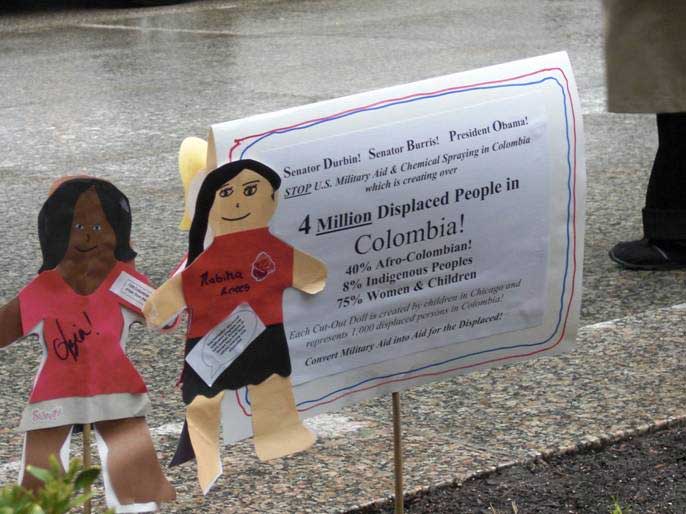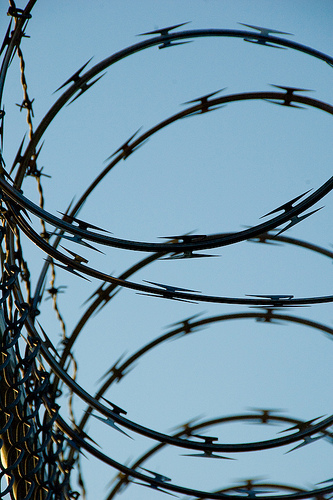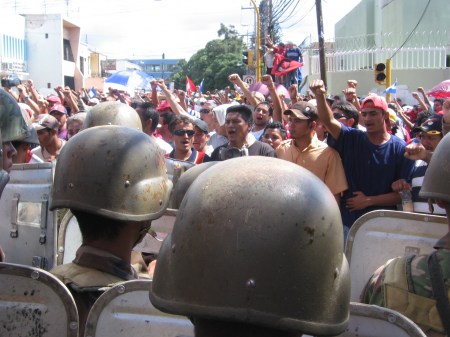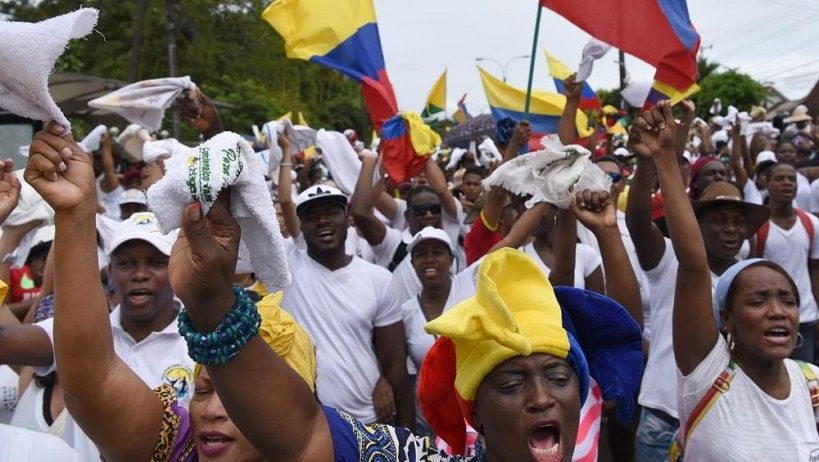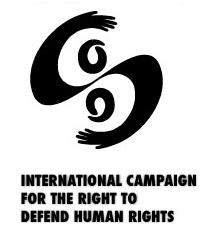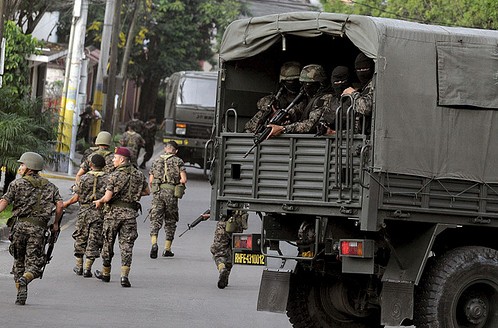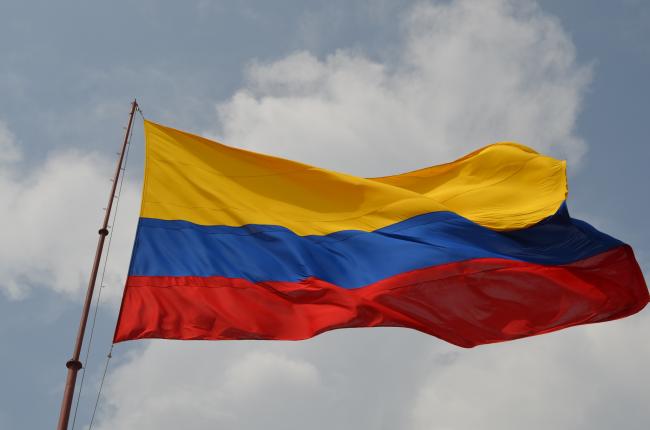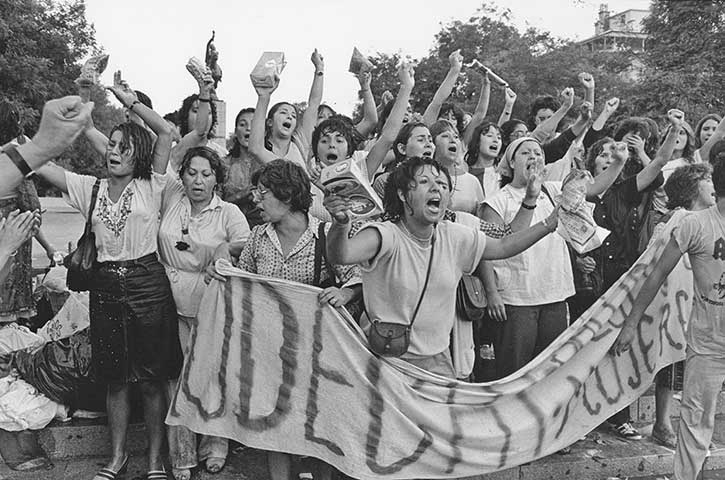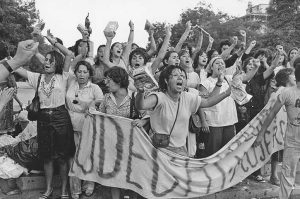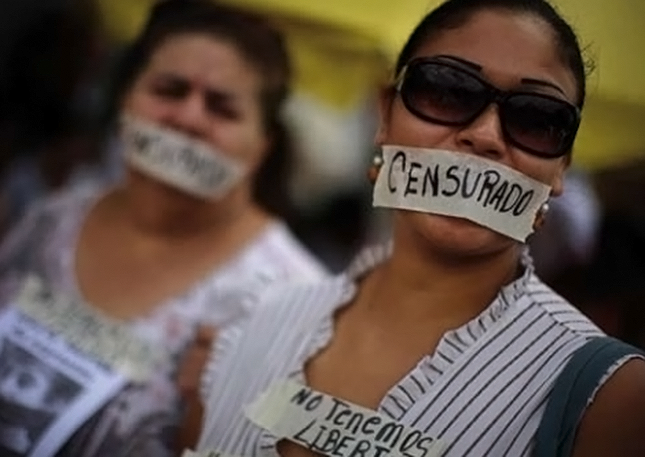I recently returned from a CRLN – Witness for Peace delegation to Colombia. We spent ten days there, primarily in the City of Cali, but also traveling to Buenaventura, the major port on the Pacific Ocean, and to Trujillo, where a notorious massacre (actually a series of massacres) took place between 1986 and 1994, and to an indigenous farm in the North Cauca region of the country. We met with Community representatives and labor organizations. We toured the docks of Buenaventura and talked to the laborers there. We visited a marginal community living in shacks sitting on poles over swampland. It was an eye-opening experience.
There are a number of things to know about Colombia which I, and probably some of you, did not know or really appreciate. For example, I was not aware of the size of the Afro-Colombian population. Estimates of Afro-Colombians range from 10.5% to 18% to 20-30% of the approximately 44 million people in Colombia. The Afro-Colombians, despite their numbers, are even more marginalized than the indigenous population. Afro-Colombians are concentrated in the western and northern coasts of Colombia. They live in the worst housing and do the hardest physical labor. They have never really been given a fair share of the Country’s wealth.
The second matter of note is the pervasive impunity which exists in the country. Murder is common and almost never punished. The military and the paramilitary forces are responsible for a majority of the killings and forced disappearances, but the Revolutionary Armed Forces of Colombia (FARC), the major guerilla group, also contributes its share. Enemies are kidnapped, tortured and murdered. Often the offenses are imaginary — such as attending a rally, signing a petition or even making the wrong comment (or no comment) to the wrong person. It is hard to overstate the fact of forced disappearances. Examples: in Trujillo, a popular priest spoke up for the people; he was kidnapped, and when his body was subsequently recovered, it was without its hands, feet, head and testicles. It is believed that the members were cut off while the priest was still alive. In Trujillo also, village authorities who opposed Army murders were themselves kidnapped and taken to the Army’s local center of operations, where their bodies were allegedly cut up with a chainsaw by Army Major Alirio Antonio Urueña, a graduate of the School of the Americas. Again, people organized a rally on March 6, 2008, against military and paramilitary violence. Colombian President Uribe denounced the demonstrators as guerilla sympathizers. A new paramilitary group, the
Aguilas Negras
(Black Eagles), announced threats against the organizers, several of whom were subsequently tortured and murdered. Jesus Caballero Ariza, an instructor of human rights for his teachers union, disappeared on April 16, 2008. His body was found in a mass grave two days later, with signs of torture, machete wounds and a shot to the head. Of all labor union murders, three-quarters of them occur in Colombia.
We also saw the bad effects of Free Trade on Colombia. In Buenaventura, the port facilities have been privatized. The laborers work longer and receive less. For example, sugar arrives on huge semi trucks and is unloaded by Afro-Colombian laborers, who load the sacks weighing about 120 pounds each onto pallets, which are then taken into a nearby warehouse. It takes 6-8 laborers about an hour to unload the truck, for which they each receive about $1.00. The are paid only while unloading, meaning that if there is not another truck, they must wait (unpaid) until there is another truck to unload. We spoke to some of the laborers, and their anger and rage were obvious. There may well be a civil disorder in Buenaventura during the next month or two. Incidentally, even for a country noted for violence, Buenaventura was especially dangerous. Outside our hotel, two men had an argument during the overnight, and one shot the other. Police then came and clubbed some people and took away four men. The fate of the four was unknown to us.
Cali itself was a scene of violence while we were there. On Sunday just before midnight a car bomb went off in front of the Palace of Justice, destroying the front of the building and damaging several nearby structures. Five people were killed, and another 26 were wounded. At the time, we were at our hotel, which was a mile or two away from the blast (but I still heard it). The government immediately blamed FARC, but it was also reported that the public prosecutors were closing in on a drug conspiracy. I am not aware that anyone has claimed responsibility for the bombing.
Colombia is the largest recipient of U.S. aid, after Israel and Egypt. Most of the money has gone for military aid to suppress the insurgency, because the Colombian government says, and our government apparently believes, that the insurgents are really narcotraffickers and terrorists. The real conditions are extreme wealth amidst grinding poverty and government lawlessness against its own citizens. It seems perverse, but all too typical, that where our government helps another country militarily and economically, the violence and lawlessness in that country increase.
Complicating all of this is the narcotics problem. Coca production and eradication, and the enormous sums of money to be made by the traffickers, are corrupting influences throughout the country. The FARC taxes and controls the narcotics traffic, as do the military and paramilitary forces, each within the areas of their influence. Because the cocaine trade is illegal, it is difficult to determine its precise size, but many people have become very wealthy. Also, because of the illegality, the acts of the traffickers are also unlawful. Human rights activists charge that the former paramilitary forces, which have been officially disbanded, have become narcotics protectors and enforcers, albeit in a different guise, such as the Black Eagles noted above. FARC also is involved in the trade, although apparently in a lesser quantity.
In Africa there is an old proverb that when elephants fight, it is the grass which gets trampled. Say a prayer or two for the people, the grass of Colombia. The situation is intractable, and probably will not change unless the United States changes its drug policy and until some sense of justice can come to the people of that poor unfortunate country.
Frank Schneider

